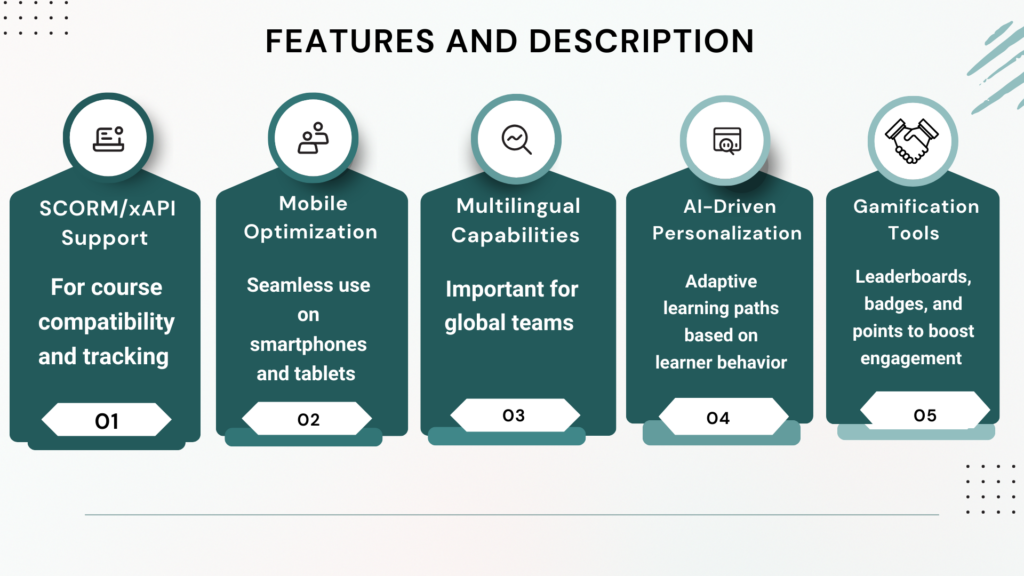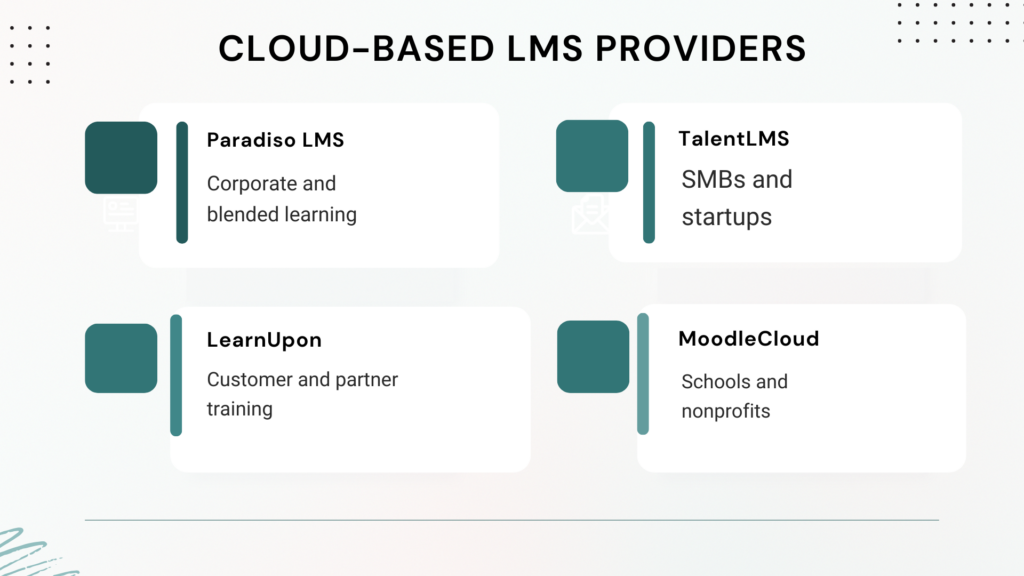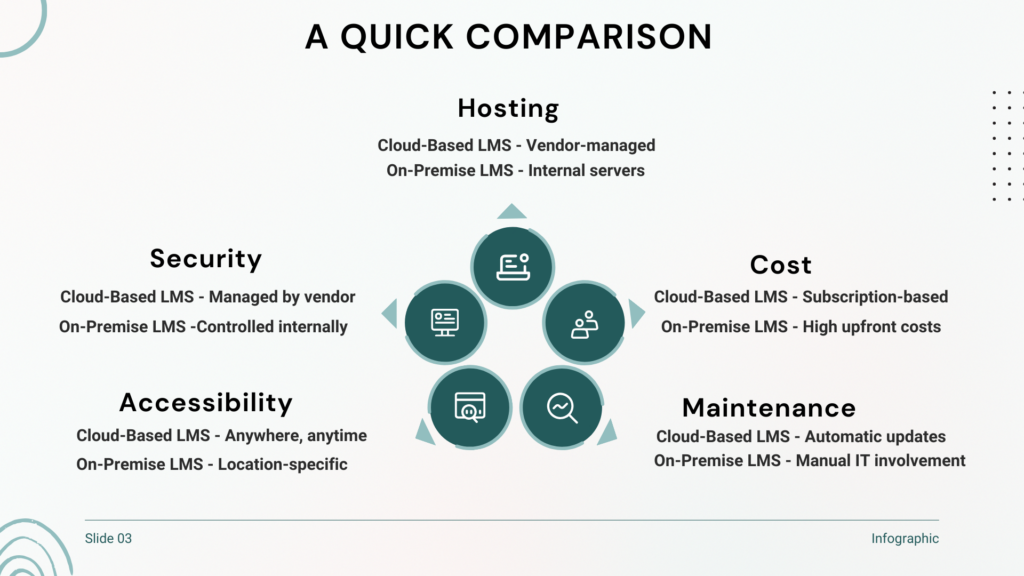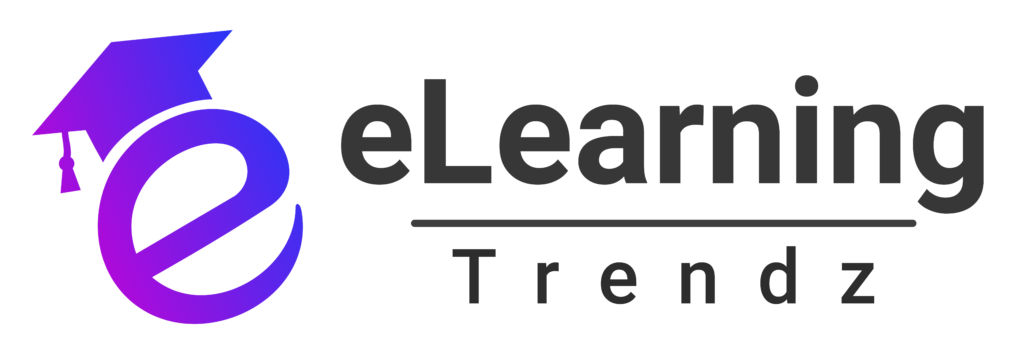Introduction: Why Cloud-Based LMS Is Redefining Learning in 2025
In a world where remote work, digital transformation, and on-demand learning are the norm, the traditional learning management system (LMS) model is no longer enough. Enter the Cloud-Based LMS—a solution that offers unprecedented flexibility, scalability, and cost-effectiveness.
In 2025, organizations of all sizes—from global enterprises to startups—are switching to cloud-based platforms to streamline training, compliance, onboarding, and employee development. But what exactly is a Cloud-Based LMS, and why is it such a game-changer?
This article will explore the core benefits of cloud-based LMS, key features to look for, and potential challenges to consider before making the switch.
What Is a Cloud-Based LMS?
A Cloud-Based LMS is a learning management system that is hosted on the cloud rather than on-premise servers. Users can access the platform via a web browser, allowing both learners and administrators to log in from anywhere, at any time.
Unlike traditional LMS software that requires IT support, installations, and hardware, a cloud-based LMS is managed entirely by the vendor—offering automatic updates, data security, and scalability.
Key Benefits of a Cloud-Based LMS
1. Anywhere, Anytime Learning
The primary advantage of a cloud-based LMS is location independence. Whether your employees are working remotely, hybrid, or distributed across time zones, a cloud LMS ensures seamless access to training materials 24/7.
2. Scalability and Flexibility
As your organization grows, your learning platform must grow with it. A cloud-based LMS can easily scale to accommodate hundreds or even thousands of users—without requiring additional infrastructure.
- Add or remove users instantly
- Customize learning paths for different roles or departments
- Expand into new markets without technical barriers
3. Lower Upfront Costs
With a cloud-based LMS, you typically pay a monthly or annual subscription fee based on usage. This eliminates the need for:
- Costly software licenses
- Dedicated IT teams for maintenance
- Expensive hardware installations
It’s a budget-friendly solution ideal for small businesses, educational institutions, and startups.
4. Automatic Updates and Maintenance
No more waiting for IT to install patches. Cloud-based systems receive automatic updates, meaning you always have access to the latest features, compliance tools, and security upgrades without downtime.
5. Robust Data Security
Reputable cloud-based LMS providers use advanced encryption, multi-factor authentication, and secure hosting environments (like AWS or Microsoft Azure) to protect sensitive learning data.
Additionally, cloud vendors often comply with standards like:
- GDPR
- HIPAA
- ISO 27001
6. Enhanced User Experience
Modern cloud-based LMS platforms offer intuitive interfaces, mobile-first design, and user-friendly dashboards for both learners and admins. This improves course completion rates and reduces time spent on system training.
7. Real-Time Analytics and Reporting
Most cloud LMS solutions offer built-in analytics to track:
- Learner progress
- Course engagement
- Assessment results
- Completion rates
Considerations Before Choosing a Cloud-Based LMS
While the benefits are compelling, a cloud-based LMS may not be ideal for every use case. Here are some things to consider:
1. Data Sovereignty
If your company operates in highly regulated industries (like finance or healthcare), you may have legal obligations regarding where data is stored. Ensure your LMS provider allows for geo-specific data centers or meets your compliance requirements.
2. Internet Dependency
A cloud-based LMS requires a stable internet connection. While this is not usually an issue in developed areas, it can pose challenges for learners in regions with poor connectivity.
3. Customization Limitations
4. Vendor Lock-In
Switching LMS vendors can be complex. Ensure you understand:
- Data migration processes
- Contract lock-ins
- Available APIs for future integrations
Must-Have Features in a Cloud-Based LMS
When evaluating options, make sure your chosen cloud-based LMS includes the following features:

Who Should Use a Cloud-Based LMS?
1. Corporate L&D Departments
For employee onboarding, compliance training, and skill development.
2. Educational Institutions
3. Healthcare Providers
To maintain certifications, HIPAA training, and procedural learning.
4. Retail Companies
For product training and seasonal staff onboarding.
5. Franchises and Global Teams
To ensure consistent learning experiences across regions.
Top Cloud-Based LMS Platforms in 2025
Here are some of the leading cloud-based LMS providers dominating the market:

Cloud-Based LMS vs. On-Premise LMS: A Quick Comparison

Conclusion: Is a Cloud-Based LMS Right for You?
If you’re looking to modernize training, reduce operational burdens, and create a more agile learning environment, a cloud-based LMS is a smart investment in 2025. Its advantages in scalability, accessibility, and affordability make it a go-to choice for forward-thinking organizations.
Before choosing a solution, evaluate your compliance needs, user base, and long-term training goals. With the right cloud-based LMS, your organization can deliver learning experiences that are not only efficient but also impactful.
Frequently Asked Questions (FAQs)
A Cloud-Based LMS is a web-based platform used to deliver, manage, and track online training. It is hosted on cloud servers and accessible from any device with internet access.
Key benefits include flexibility, scalability, automatic updates, real-time analytics, and reduced costs. It enables remote training and simplifies learning management for organizations.
Yes. Most providers use secure data centers, encryption protocols, and industry compliance (like GDPR, HIPAA). Always choose a vendor with robust security certifications.
Businesses of all sizes, schools, healthcare organizations, and non-profits use cloud LMS platforms for training, compliance, and continuous learning.














